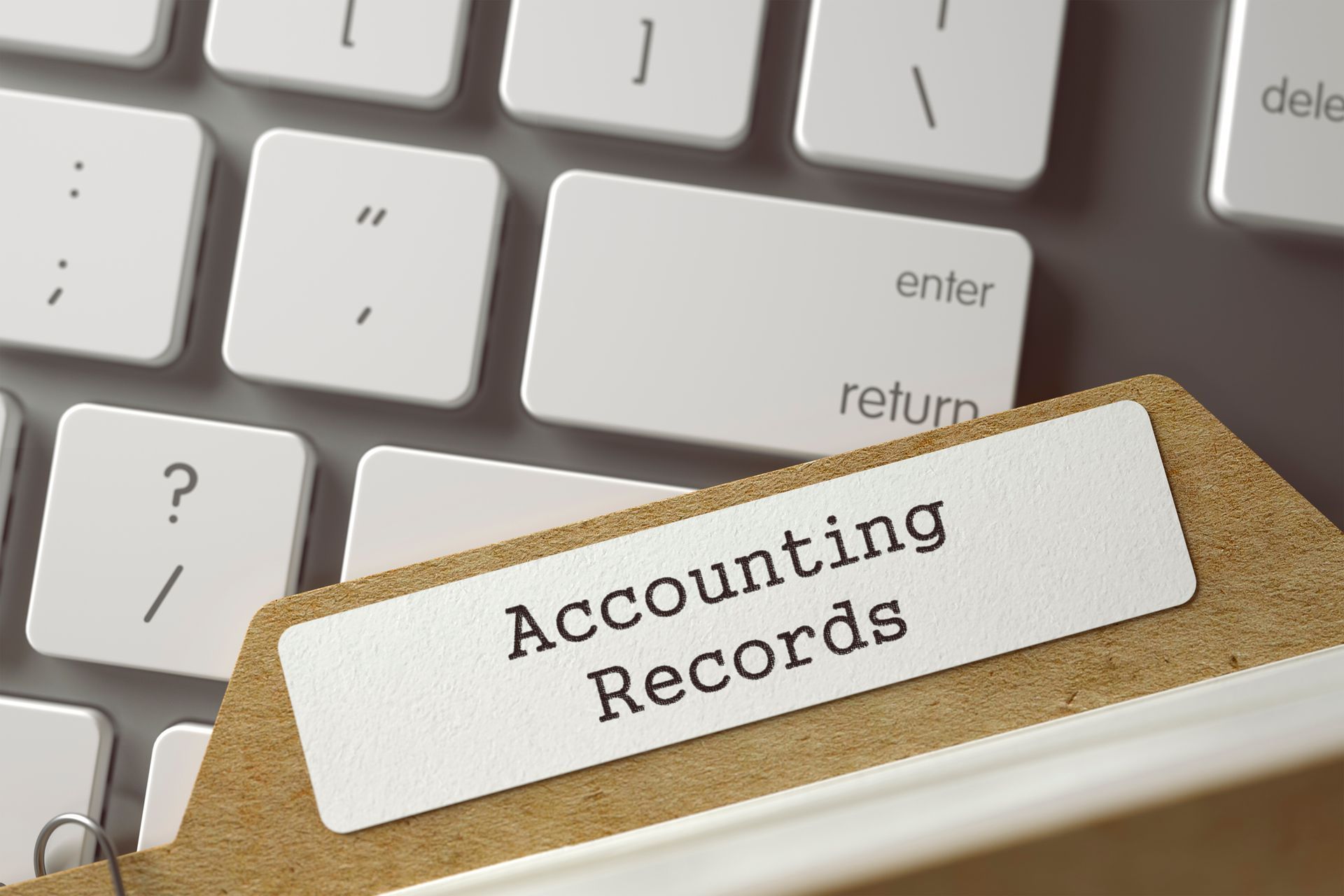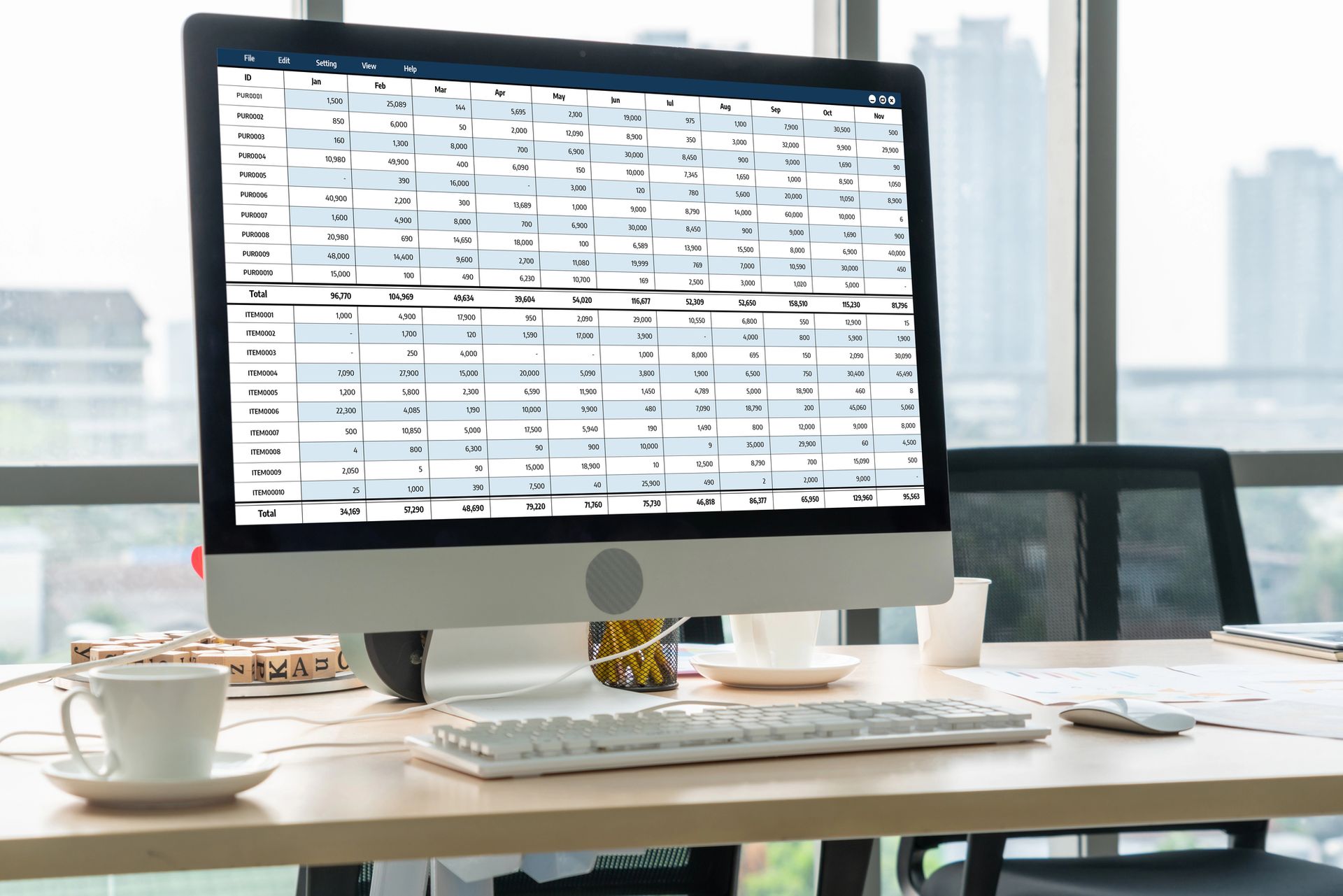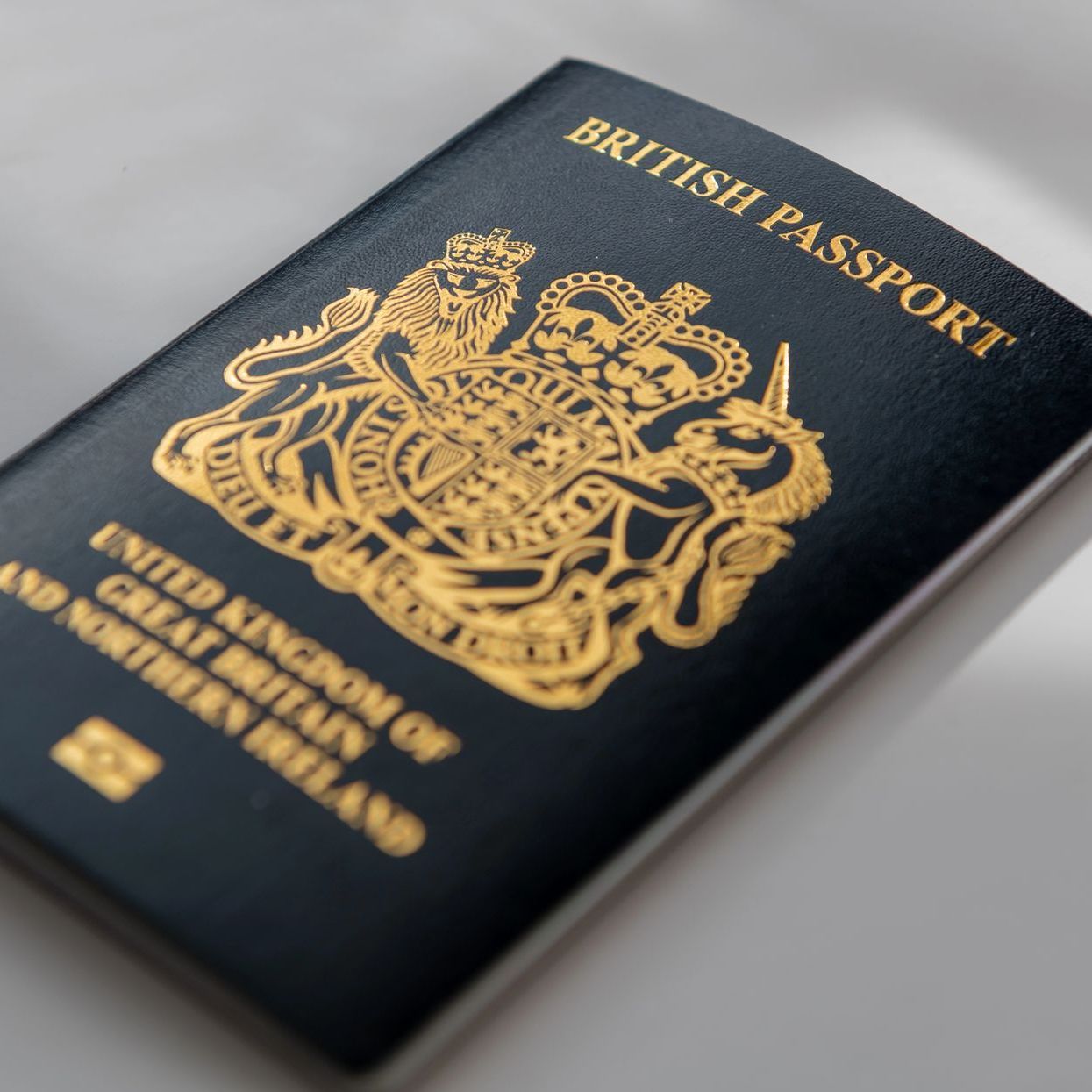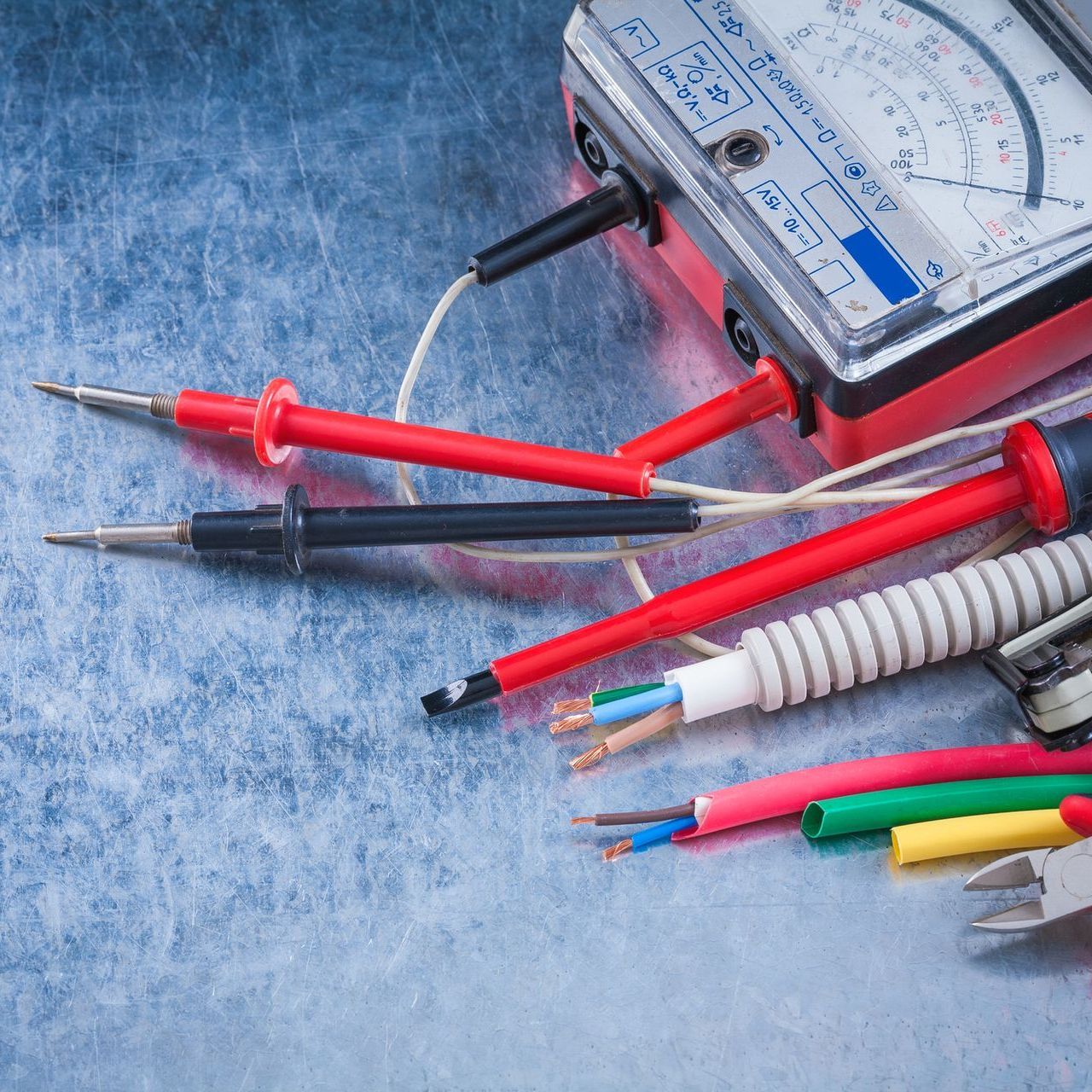Do I need a bookkeeper?
Can I get my mum to help me?
We’ve all seen the adverts from the big players in the bookkeeping arena recently. QuickBooks and Xero are going to do all your business record keeping for you. What they don’t tell you is that even with the help of software, it still needs your input to ensure you get the right answers.
Unless they have previous bookkeeping experience, it can be a false economy to enlist family and friends to maintain the books for you. It also puts family members under a great deal of pressure to get things right, which may strain relationships.
If your accountant has to spend hours fixing the bookkeeping software, they will have to increase your accounting fees to cover the cost of the additional work they need to do to fix your accounting records.

Why do I need bookkeeping software?
In general, you need to keep your business records for 6 years in the UK. For busy businesses that could be a whole lot of paperwork to find storage for.
Your business records don’t have to be kept in paper format, though. Bookkeeping software, together with receipt scanning facilities can be a good option to help cut down on the paperwork.
When your business becomes VAT registered, you will need to invest in good bookkeeping software in order to submit your VAT returns. All VAT registered businesses in the UK are now required to maintain a digital record of their transactions with digital links from the source data into the VAT return that is submitted to HMRC. The easiest way of ensuring these digital links are maintained is by keeping your bookkeeping up to date and submitting the return to HMRC directly from within the software.
Even if you're not VAT registered, maintaining accurate and up to date bookkeeping can assist you when making the decisions that help your business to grow as well as ensuring your business continues to be profitable and you can pay your bills as they fall due.
Doesn't the bookkeeping take care of itself?
After seeing the business adverts, you would be forgiven for thinking that once you download your software and connect your bank account that is the end of the input required and your VAT return or business accounts are spat out at the other end, perfectly correct and ready to be submitted.
Unfortunately, this isn’t the case and someone needs to tell the software how to treat each transaction. There are plenty of automations that can be put in place to facilitate this but it is important that someone with some knowledge allocates each transaction appropriately.
Complicated transactions such as the purchase of a van through a loan or hire purchase can be tricky to get right. The money through the bank almost certainly won’t match the accounting entries that need to be posted manually.
Credit card sales may have charges deducted from the amounts received into the bank. Simply posting sales from the bank receipts understates sales and could mean that you miss having to register for VAT, which is to be avoided at all costs!
What are the pitfalls?
If you are not used to using bookkeeping software, it is very easy to accidentally enter transactions more than once. This happens when you post sales or expenses through your software and instead of matching the bank transactions to those you’ve added, post them again from the bank feed. This leads to overstated sales and expenses in your profit and loss account and overstated debtors and creditors in your balance sheet.
Confusion between similarly labelled P&L categories and balance sheet categories can lead to inaccuracies. For example, computer expenses being added to computer equipment and vice versa.
Even with bank transactions automatically appearing in a daily feed, where you don't have a trained bookkeeper we find that bank account balances in the bookkeeping software often don’t agree to the balance on your bank statement!
Entering transactions with the wrong VAT code could cause fundamental errors in your VAT return, leading to under or overstated VAT payments. Mixing up zero and out of scope VAT codes could make HMRC question why your VAT return looks out of sync with other similar businesses, and they may decide to do a VAT review visit.
What happens if the bookkeeping isn't correct?
You may be charged more by your accountant in the long run to fix the errors before the accounting and tax submissions can be made.
Your bookkeeping software should form the basis for making decisions that are going to change your business. If your bookkeeping isn’t up to date or is incorrect, you either can’t make these decisions or you could end up making the wrong decisions about your business.
In an extreme scenario, you may pay too much tax or be charged penalties or interest by HMRC because your HMRC submissions are late or incorrect.
Is my bookkeeping good enough?
If your bookkeeping is up to date, you should be able to find all sorts of information that helps you with the day to day running of your business. Can you reliably…
- Pull up a list of suppliers that are due to be paid so you can manage when you are going to make payments
- Print off a list of people that owe you money so that you can chase them
- Check how much is likely to be due to HMRC for VAT, CIS or PAYE at any given time.
- Answer queries from suppliers or customers as to payments and receipts made
- Know what your turnover has been over the last 12 months so that you know when to register for VAT
- Know what your monthly/weekly/daily profit was
- Know how much dividend you are able to take with a bit of help from your accountant (companies only)
- Compare your actual monthly profits to your planned profits
- With help, forecast your profits from a sensible starting point to know whether you can take on another employee
- Pull up a list of stock held (if you are using your bookkeeping for stock management)
Isn't that the accountant's job?
Your accountant can only pull together the information for your HMRC submissions from the information you deliver to them. The easier you make it for your accountant to do this, the less they are going to charge you for the work they are doing. If you aren’t able to keep the bookkeeping up to date yourself, make sure that the person that you ask to do it is capable and receives enough training to do the job accurately, or it could be an expensive mistake.










